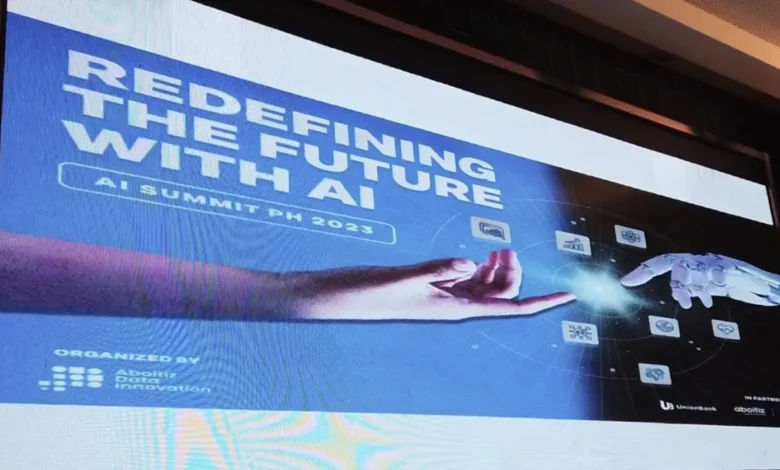Apple’s ‘confidential computing’ technique for AI servers aims to maintain data privacy

After years of sticking to on-device artificial intelligence (AI) offerings, Apple (NASDAQ: AAPL) could be making a giant leap to cloud offerings for its devices as it seeks to occupy a leading position in the arms race for emerging technologies.
According to a report, Apple executives are angling to announce server processing at the upcoming developer conference scheduled for mid-June, but fears of privacy breaches bedevil the plan. The company is expected to reveal its ace as a “virtual black box” on the cloud designed to prevent employee access.
Insiders claim that the company has been making significant progress on a secret project, Apple Chips in Data Centers (ACDC), designed to allow data processing from AI applications impervious to any third-party access.
Using elements of confidential computing, there are talks that Apple’s latest advancements will be deployed to its Secure Enclave, designed to encrypt data during processing and storage. The report claims that Apple has been experimenting with the concept since 2021, a year before the start of the AI craze in late 2022.
Apple has always favored an on-device approach for its AI assistants, citing heightened privacy and security. However, the focus on user safety comes with its downsides. On-device offerings pale in comparison to cloud offerings in terms of functionalities and capabilities, with frontline large language models (LLMs) leaving Apple in the dust.
While the company has been making progress with small language models (SMLs) in recent months, it has been experimenting with LLMs. In early April, Apple announced a model described with advanced capabilities to compete with OpenAI’s ChatGPT, possessing an understanding of on-screen user instructions.
“Being able to understand context, including references like these, is essential for a conversational assistant that aims to allow a user to naturally communicate their requirements to an agent, or to have a conversation with it,” a paper on “Reference Resolution As Language Modeling” read.
While concerns of a potential data breach continue to rage, insiders claim that the new black box processing feature will protect user data from subpoenas and other court orders, giving it an edge over available alternatives.
Closing the gap
Apple’s latest move has seen it make a valiant attempt to catch up with industry forerunners via a string of high-profile partnerships with Google (NASDAQ: GOOGL), OpenAI, and media behemoths. Alongside the partnership deals, the company is developing AI chips to power its upcoming range of devices.
Internally, Apple employees are embracing emerging technologies, turning to an AI model for prototyping and basic administrative tasks without hinting at a commercial release. However, with SLMs, the company is proceeding with an open-source strategy to attract developers to its range of offerings.
In order for artificial intelligence (AI) to work right within the law and thrive in the face of growing challenges, it needs to integrate an enterprise blockchain system that ensures data input quality and ownership—allowing it to keep data safe while also guaranteeing the immutability of data. Check out CoinGeek’s coverage on this emerging tech to learn more why Enterprise blockchain will be the backbone of AI.
Watch AI Summit PH 2023: Philippines is ripe to start using artificial intelligence

New to blockchain? Check out CoinGeek’s Blockchain for Beginners section, the ultimate resource guide to learn more about blockchain technology.



